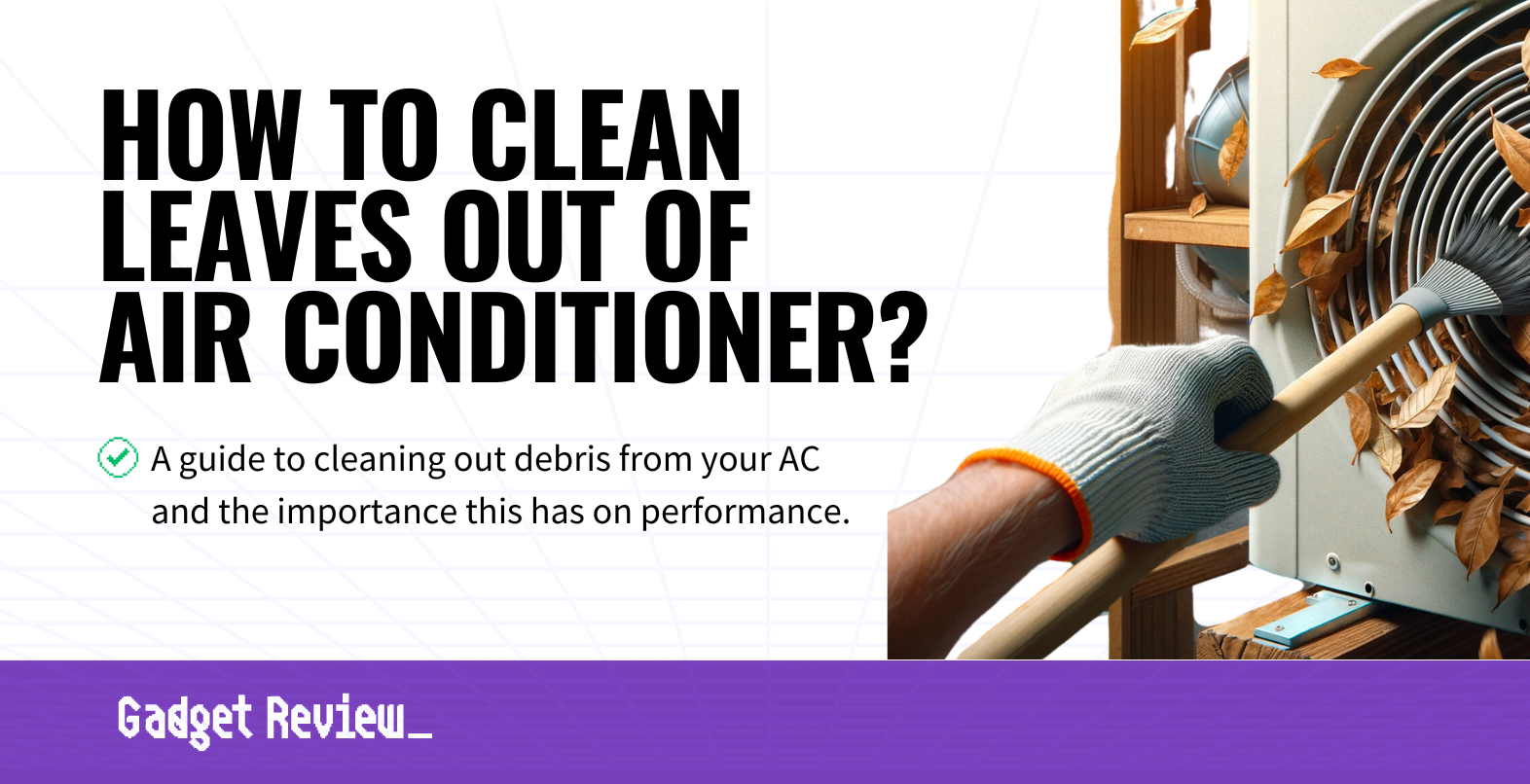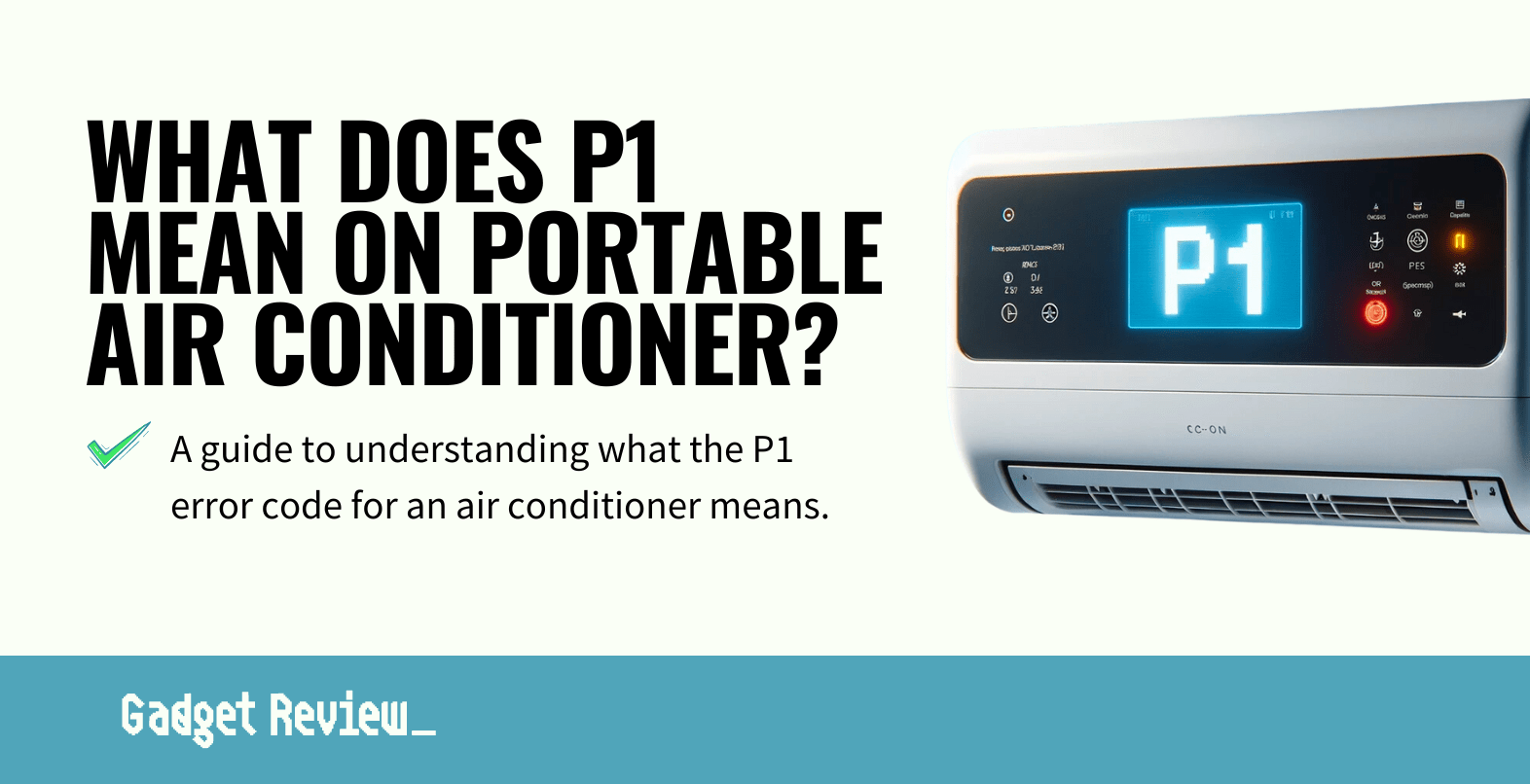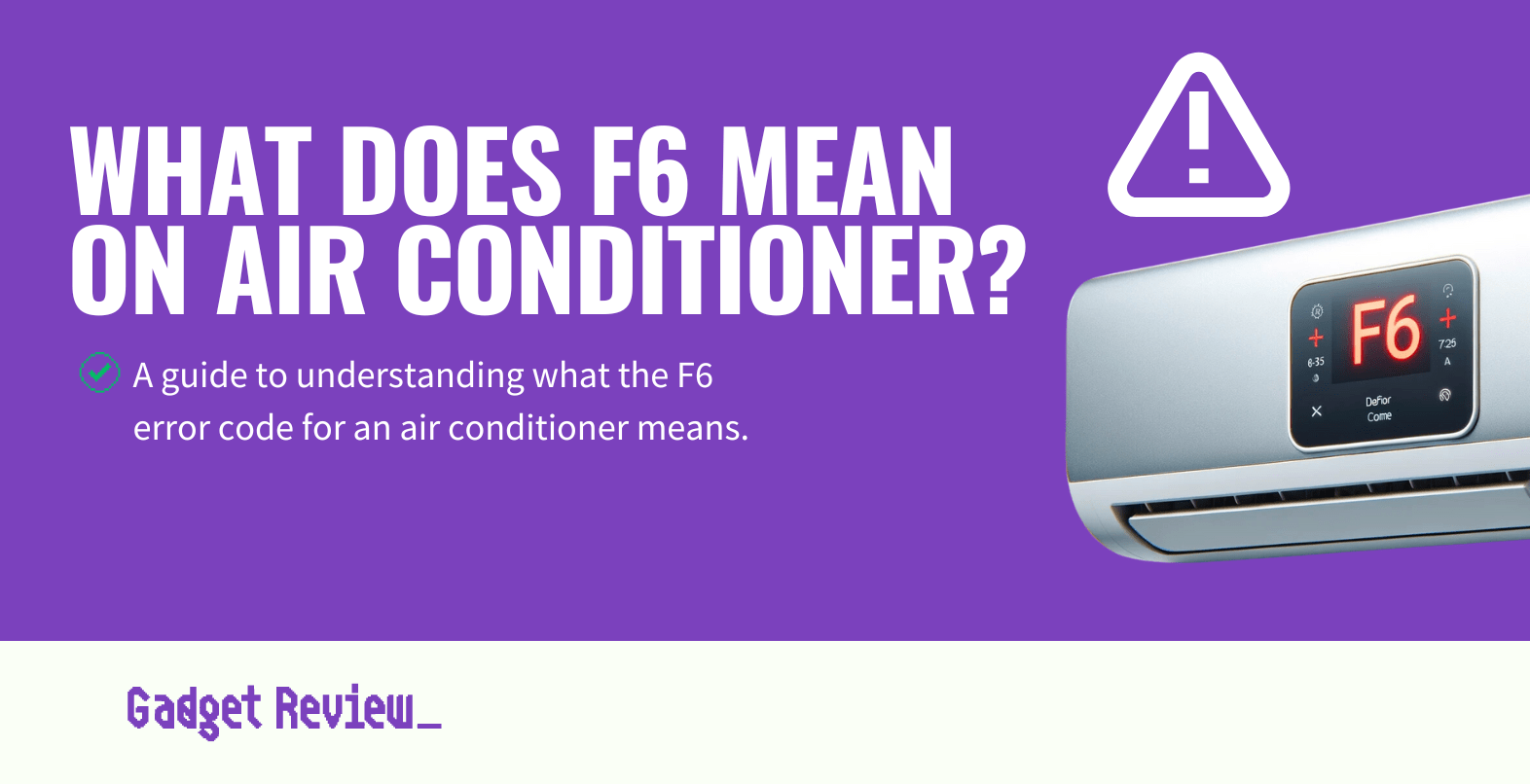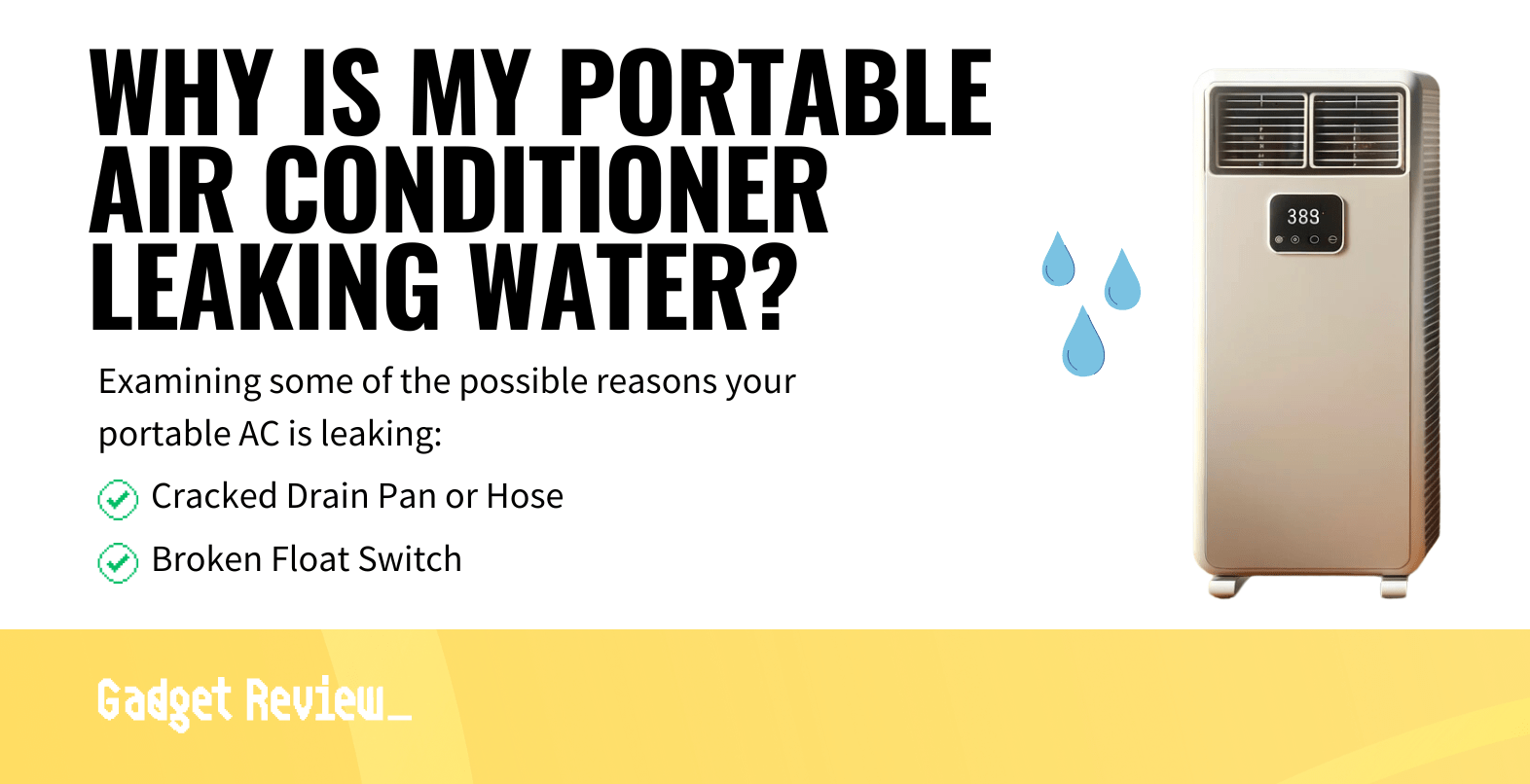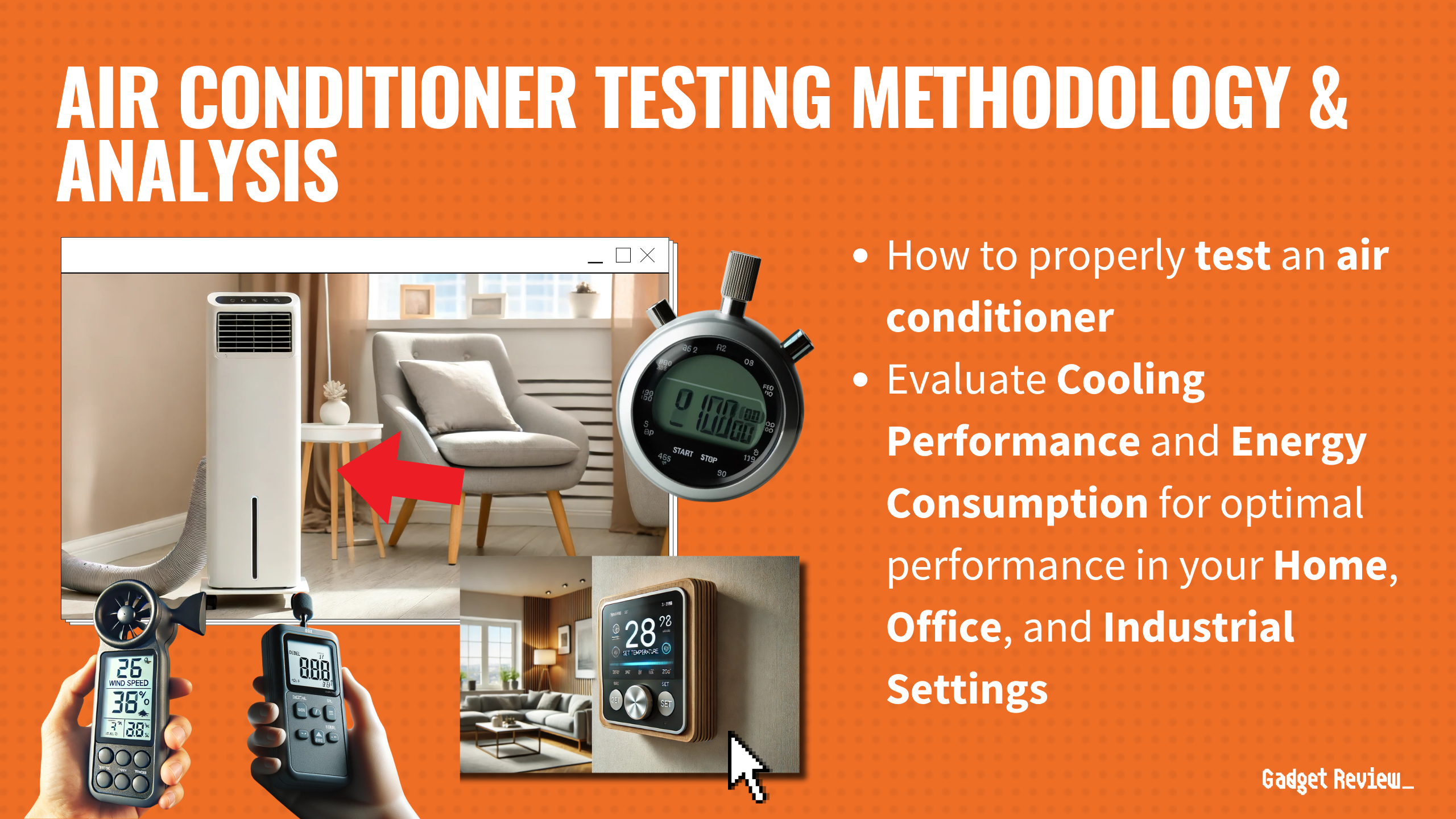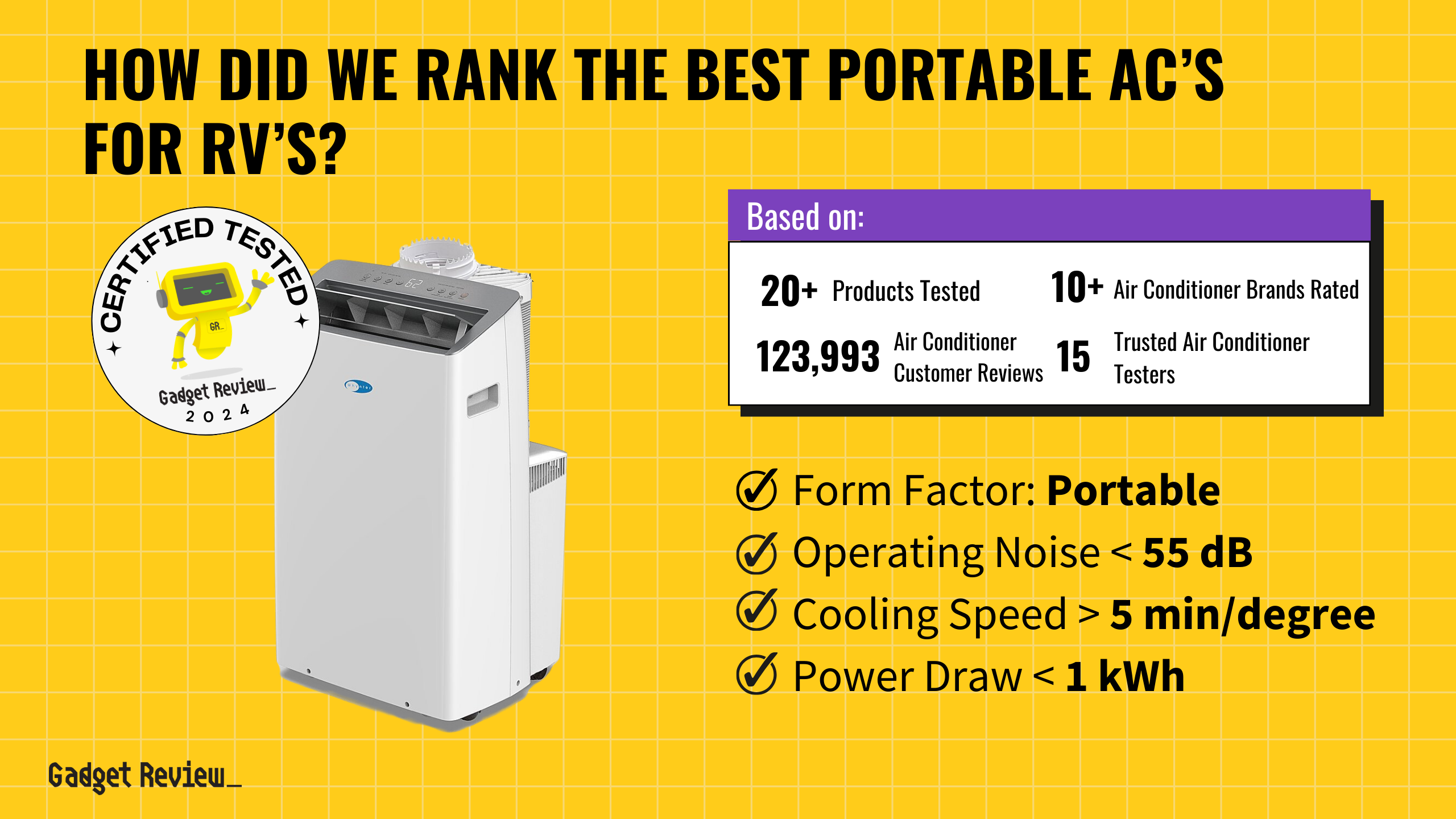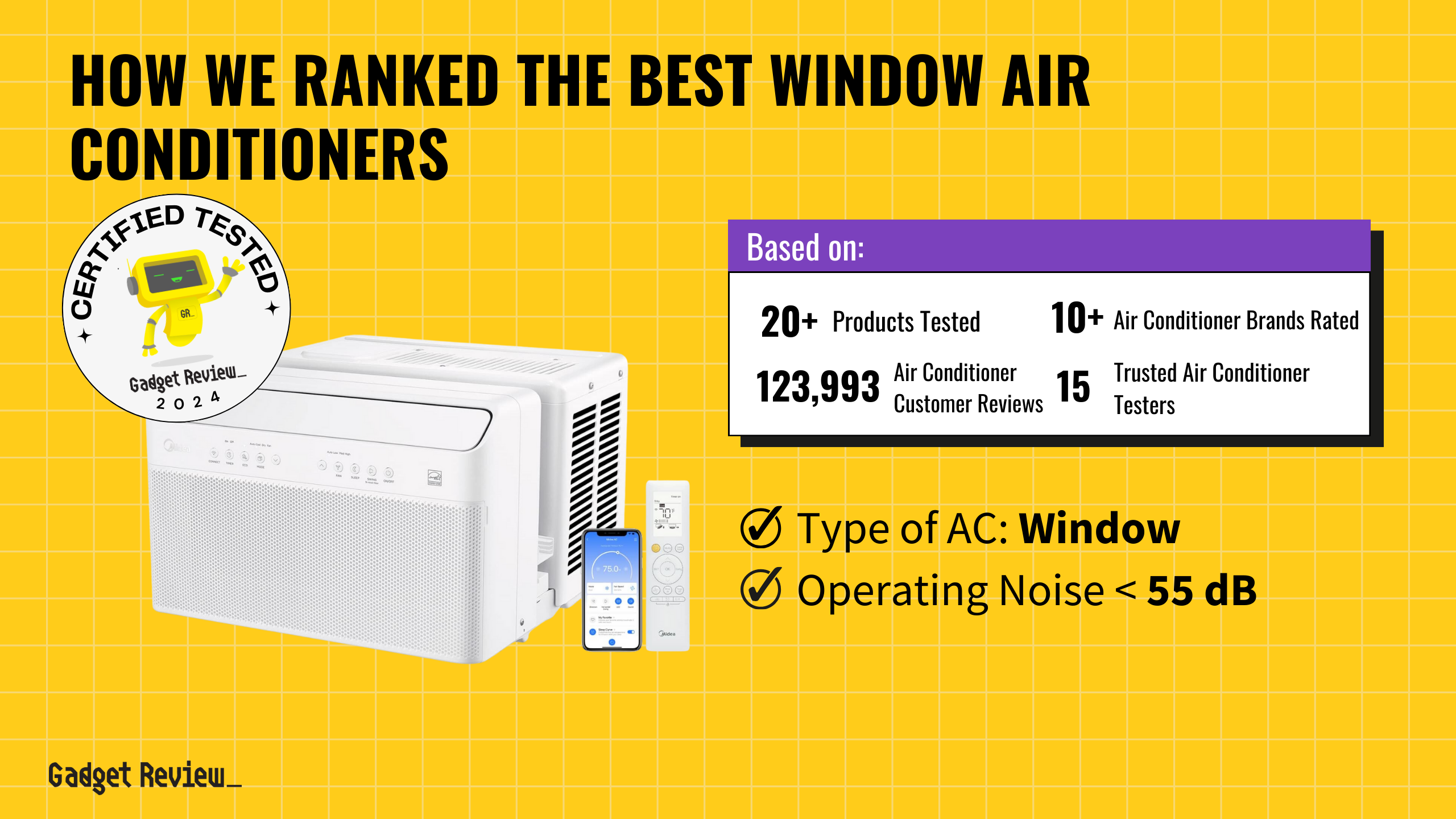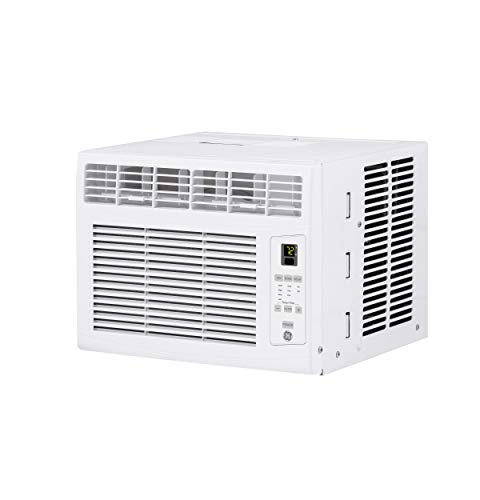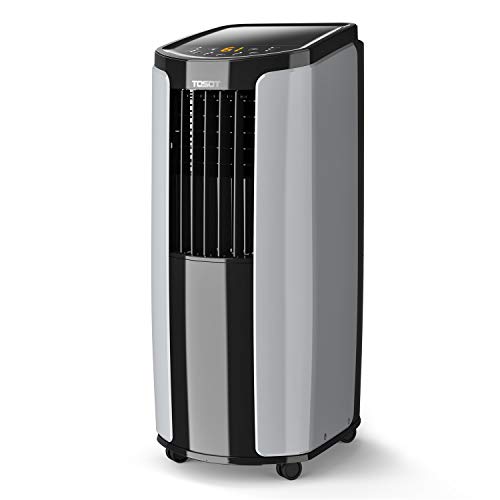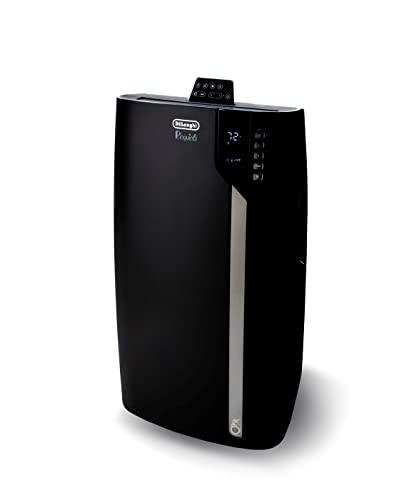While everybody loves the beautiful fall leaves that come with changing seasons, nobody loves the buildup of leaves that can happen in your AC system. Maintaining your air conditioner is crucial for ensuring its longevity and efficiency. This guide will walk you through the essential steps to keep your outdoor air conditioning unit in optimal condition, focusing on the importance of clearing leaves, dirt particles, and additional debris that can hinder proper airflow and lead to costly repairs. Even the best air conditioners require regular cleaning to keep them in working condition.
Key Takeaways_
- Regularly perform maintenance tasks on your outdoor unit to keep it in good condition. This will also help with efficiency and airflow.
- Hiring professional services is never a bad idea regarding your AC system, especially for more complex jobs.
- To maintain your outdoor unit, you must remove debris and clean off the fins. This only takes a few minutes.
Cleaning Leaves From Your Air Conditioner

An unclean air conditioner can face a myriad of issues, from reduced efficiency to potential damage to vital components like the condenser coils and fan motor.
Leaves on air conditioners, particularly in the outdoor units, can obstruct airflow and trap moisture, creating a ground for mold and bacteria. This not only affects the air conditioner’s performance but can also impact indoor air quality.
warning
If you don’t clean the leaves from your AC unit, it will impair its ability to dispel heat, which can lead to damage.
Regular cleaning of the air conditioner coils and filters ensures that your system doesn’t have to work overtime to maintain the desired temperature, thereby extending the life of your unit and keeping your electricity bills in check.
STEP 1 Power Off Your AC Unit
- Ensure that the power source to the entire unit is disconnected to prevent any accidental damage or injury.
- To do this, make sure the electricity is off at the breaker and the outdoor switch to ensure safety.
STEP 2 Remove the Access Panel
- Carefully open the condenser unit to expose the air conditioner components. Use this opportunity to inspect for any signs of damage or wear.
- For window AC units, it’s also important to know how to drain the window AC unit to prevent water buildup and potential damage.
STEP 3 Clean the Condenser Coils and Fins
- With a soft brush or your hands, gently remove dirt and debris from the condenser fins and coils. Be cautious not to bend the fins or damage the coils.
- Removing the buildup of dirt on the coils is crucial for maintaining the efficiency of the entire unit.
- Wearing protective gloves can prevent accidental damage to your hands while removing loose debris and leaves from the unit.
STEP 4 Clear the Surrounding Area
- Remove any buildup of leaves, grass clippings, and pine needles around the unit. Keeping the unit clean from loose debris will enhance airflow and efficiency.
- Consider installing a wraparound filter or air conditioner cover to prevent future debris accumulation.
STEP 5 Check and Clean the Filters
- Regular cleaning or replacement of air filters is crucial for maintaining airflow and preventing dirt from entering the system.
- A clean air filter is essential for preventing mold in air conditioners and maintaining healthy indoor air quality.
When to Call a Professional
While DIY maintenance can keep your air conditioner clean, some situations require professional assistance. Regular AC maintenance is key to preventing major issues and keeping energy bills low.
If you notice persistent issues, such as unusual noises, insufficient cooling, or signs of significant damage to the air conditioner components, it’s time to seek professional air conditioning services.
An expert can provide a comprehensive HVAC cleaning, including air duct cleaning and more intricate maintenance tasks, ensuring your system operates at peak efficiency.
Preventive Measures for the Future
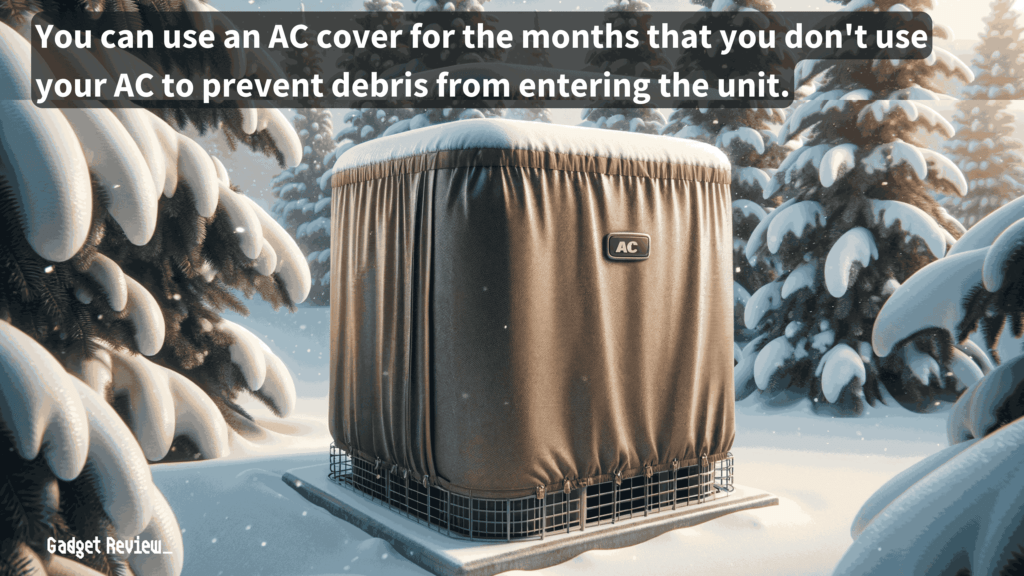
To avoid frequent cleanups and ensure your air conditioner runs smoothly, adopt a regular maintenance plan.
When considering a great window AC, the quietest window air conditioner can provide a peaceful environment while still offering efficient cooling. For those using smart home systems, learning how to control AC with your phone can add convenience and efficiency to your home cooling system.
Covering your outdoor unit with a suitable air conditioner cover during the off-season, especially as winter sets in, can prevent leaves and other debris from entering. Using a winter cover can protect the unit from harsh weather conditions and reduce the need for extensive spring cleaning.
Additionally, scheduling an annual maintenance service with a professional can help identify and rectify potential issues before they escalate, saving you from high utility bills and extending the lifespan of your unit.
Be aware of dual zone air conditioning problems, which can include uneven cooling and complex troubleshooting, requiring professional attention for optimal performance.
Environmental Considerations
A clean and efficiently running air conditioner not only saves on energy consumption but also contributes to a healthier environment by reducing the carbon footprint.
Also, consider the efficiency differences between central air vs wall unit systems to determine which best suits your needs.
For those without traditional window setups, understanding how to vent a portable air conditioner without a window is crucial for effective cooling in unconventional spaces.
insider tip
You can use a cleaning agent to speed up the cleaning process on the fins of your outdoor air conditioning unit.
By preventing the buildup of leaves and ensuring regular maintenance, you can minimize the use of high water pressure or power washers, which can be harmful to the surrounding ecosystem.
Adopting eco-friendly cleaning agents and recycling or properly disposing of replaced components like air filters can further enhance your environmental efforts.
STAT: It is projected that the revenue of electricity, gas, steam, and air conditioning supply in Germany will amount to approximately 447.22 billion U.S. Dollars by 2025. (source)
Keeping your air conditioner clean, especially from leaves and other outdoor debris, is essential for maintaining optimal performance and indoor air quality.
By following the basic steps outlined in this guide, from using the right cleaning supplies to understanding when to seek professional assistance, you can ensure your air conditioning system remains in prime condition.
Remember, preventative maintenance is key to avoiding unnecessary energy consumption and ensuring your unit is ready to provide comfort during the summer months and beyond.

